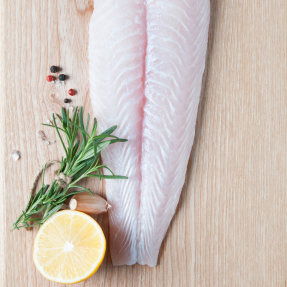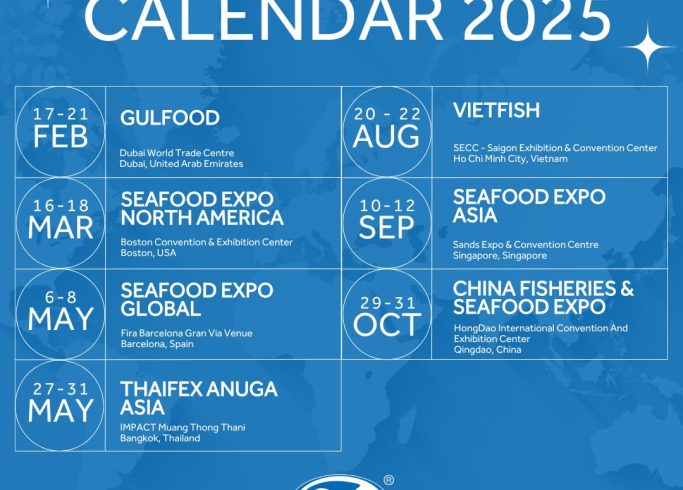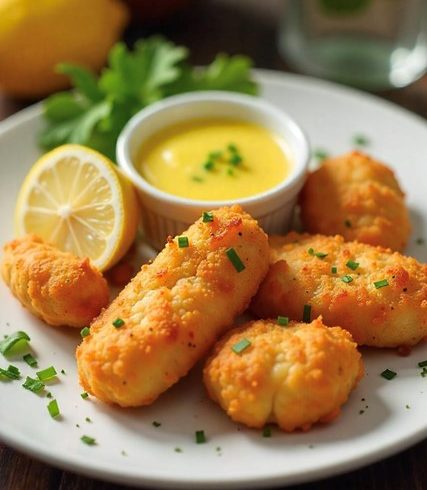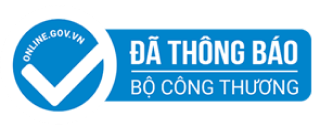[Industry news] Vietnam’s pangasius exports to EU face mounting difficulties
29 May 2017
[Translated from Saigon Times Daily, please find the original article here. We are not in anyway be responsible for the content of the original article]
Exports of Vietnamese pangasius to Spain and the European Union (EU) as a whole have dipped sharply this year.
Meanwhile, the European Commission is preparing to inspect the system for food safety control of Vietnamese seafood from this June, which could make the export of pangasius to this market more difficult.
In early 2017, Spanish TV channel Cuatro aired an inaccurate news program about Vietnamese pangasius.
Back then, Truong Dinh Hoe, general secretary of the Vietnam Association of Seafood Exporters and Producers (VASEP), told the Daily that a group of people had made use of this news to tarnish the reputation of the pangasius industry of Vietnam.
“There is a group over there trying to take advantage of the environment issue to exaggerate the story in order to gather support for their products instead of importing pangasius from Vietnam for sale.”
The reflections in the clip do not correctly mirror the pangasius industry of Vietnam, not a standard procedure of Vietnam’s pangasius export but just a particular case “exaggerated to slander the pangasius sector of Vietnam, like the smear campaign taking place in the German market earlier,” he said.
While confirming the quality and food safety of Vietnamese pangasius, Hoe said the above incident had made it hard for this product to make its way into the EU and Spain in particular.
In the first three months of 2017, pangasius exports to the EU totaled a mere US$49.9 million, down 21.5% over the same period last year. In particular, exports to Spain tumbled 42.8% year-on-year, while those bound for the Netherlands, the UK and Germany slid 2.8%, 15% and 27.2% respectively against the year-earlier period, according to VASEP.
Such a strong decline in pangasius exports to Spain goes against the previous forecast of businesses and VASEP that the smear campaign would have certain impact on the sale of Vietnam pangasius.
To recover Vietnamese pangasius exports to Europe after the incident, Deputy Minister of Industry and Trade Cao Quoc Hung on Wednesday this week presided over a press conference at the Embassy of Vietnam in Spain for disseminating information about the production, trading and export of Vietnamese pangasius, according to the Vietnam News Agency.
Hung emphasized that there had been some reports and articles which did not fully reflect and gave inaccurate information about the farming, production, trading and export of Vietnamese pangasius. This has partly affected the confidence of Spanish consumers and the prestige of Vietnamese pangasius suppliers.
At the press conference, representatives of VASEP and some Vietnamese pangasius exporters to the EU provided further information on Vietnam’s pangasius industry and affirmed that Vietnamese pangasius products are safe.
In a related development, the European Commission this June will examine Vietnam’s food safety control system for export to the EU, according to VASEP. All stages related to food safety in aquaculture are subject to inspection, from licensing for the circulation of aquatic feed, veterinary drugs and products serving aquaculture, and the use of animal drugs to food safety assurances during processing.
To export seafood to some EU member states, besides complying with the general EU rules, domestic enterprises must meet the specific requirements of each market, which are often more stringent than general ones, according to VASEP.
Some seafood exporters to the EU said that with this inspection, seafood exports to this market would be more difficult in the coming time.
Regarding this issue, the National Agro-Forestry-Fisheries Quality Assurance Department (Nafiqad) has proposed the Ministry of Agriculture and Rural Development issue a decision suspending the granting of certificates for all seafood products made by those enterprises with shipments that have been warned by the EU authorities.














